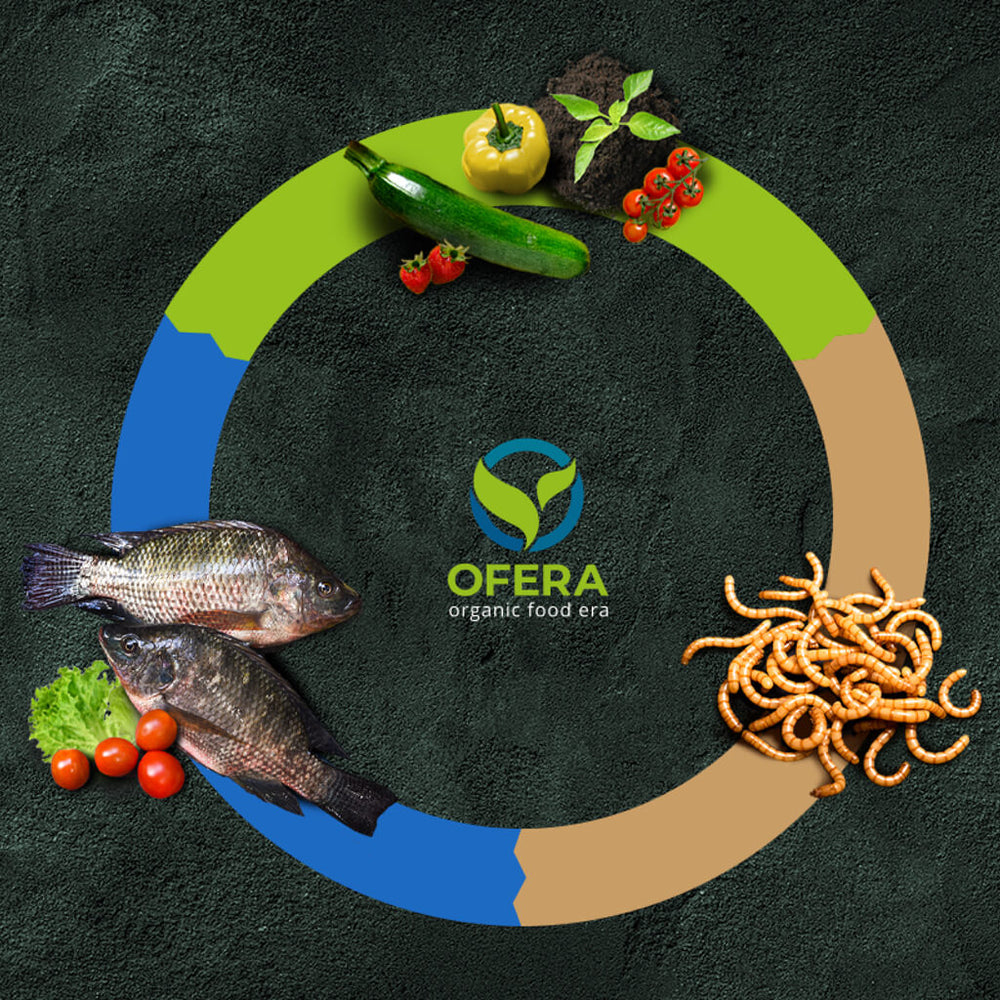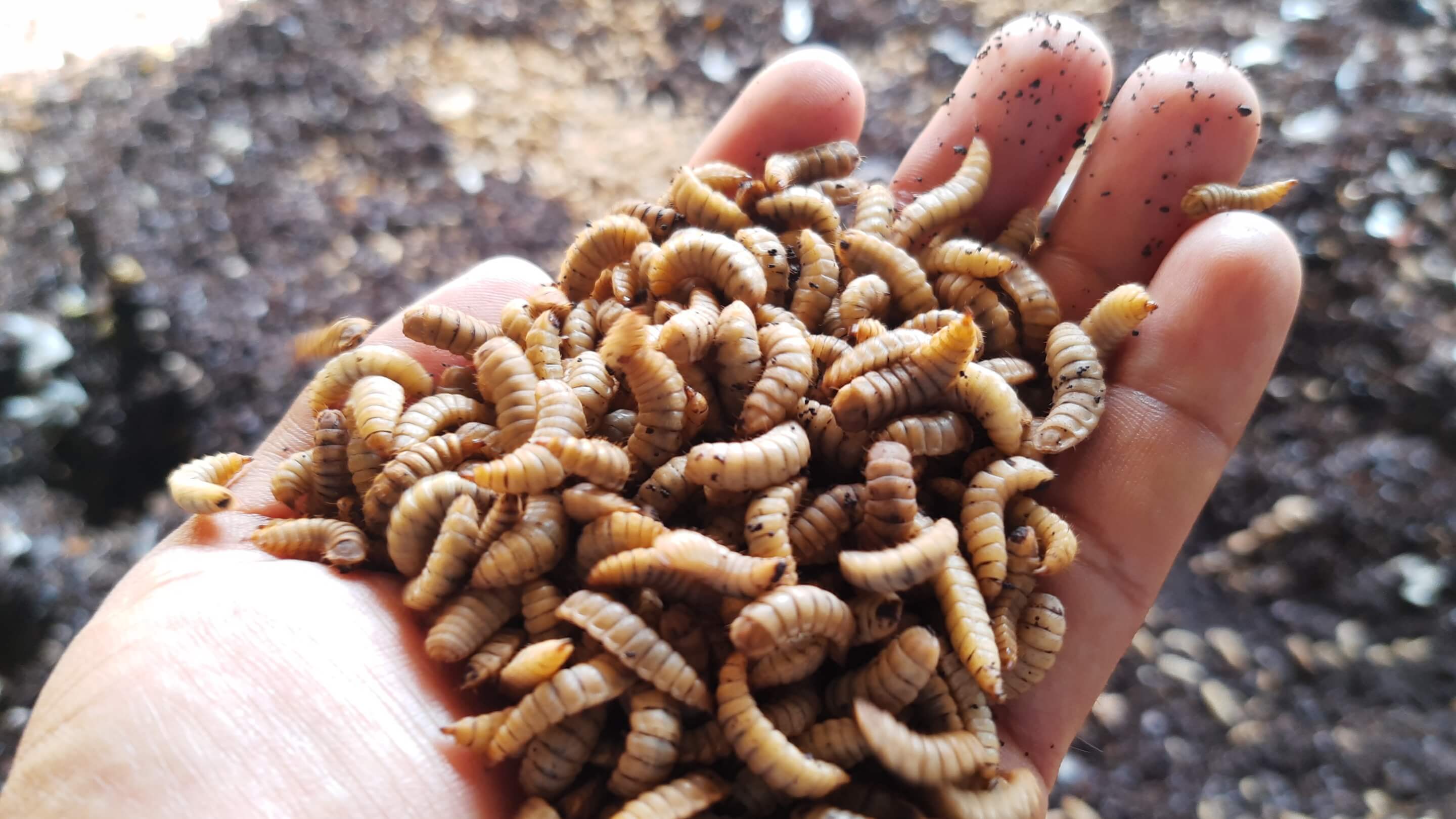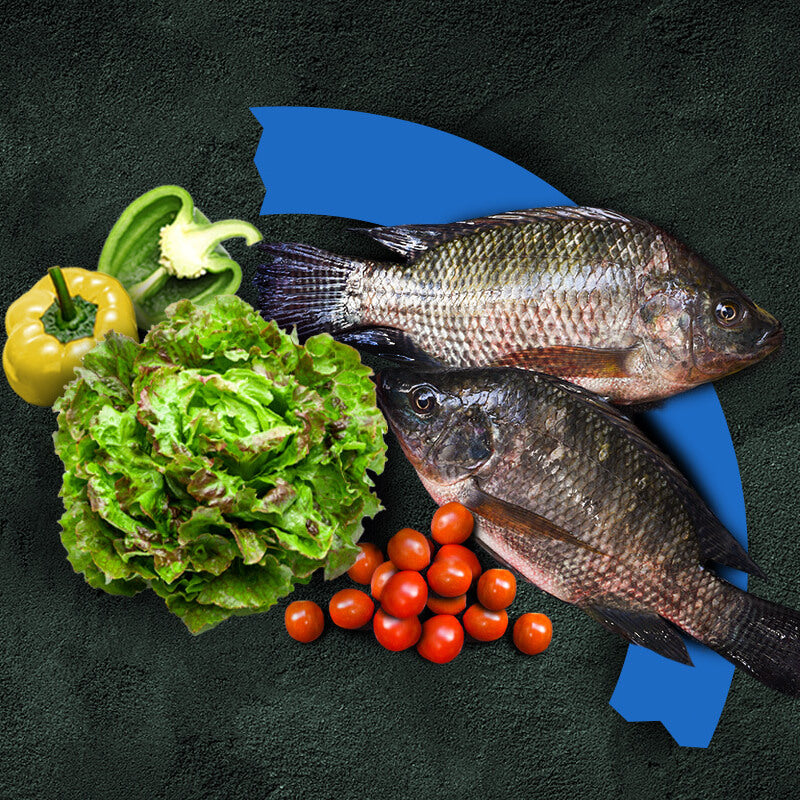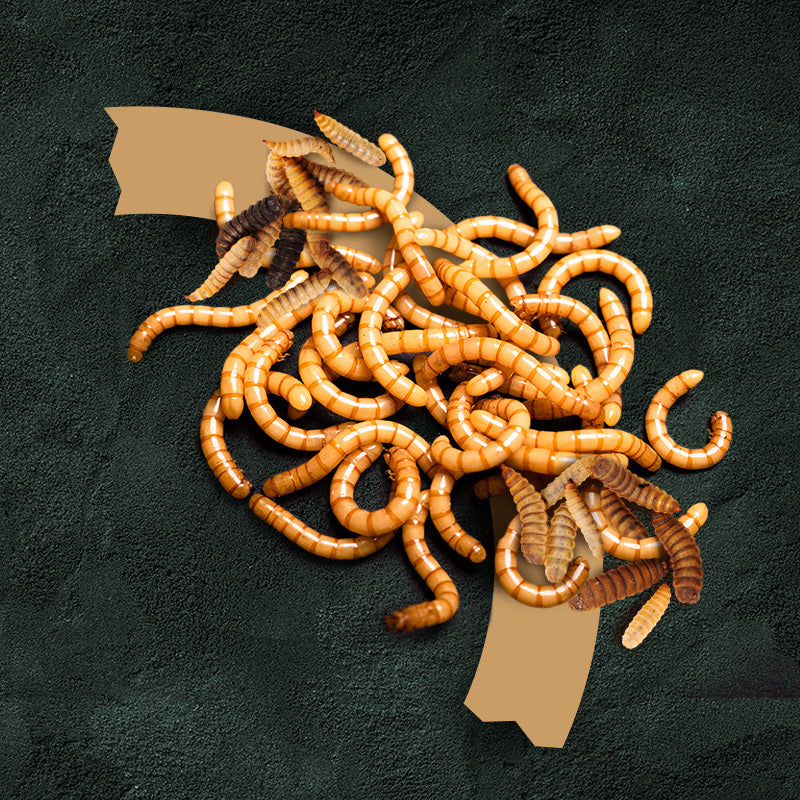Breeding your own feeder insects is probably the most sustainable way to produce high-quality fish feed.
Why? – It's simple: The feed industry often needs a lot of fish meal and fish oil to produce a wide variety of fish feeds in order to achieve a sufficient protein content. Both are basically made from fish waste from the fishing industry. However, the now very high demand means that even the production of fish meal and fish oil is no longer sustainable and "clean". So we are fishing our oceans empty in order to feed fish thousands of kilometers away from the sea.
In addition, industrially produced fish feed is increasingly being mixed with chemicals ( e.g. ethoxyquin ) to extend its shelf life. We naturally ingest these chemicals when we eat. If you then take into account the long transport routes, it can be seen that the majority of industrially produced feed is not sustainable.
Breeding insects has the advantage that it is very resource-efficient and at the same time is a natural food for fish. It requires hardly any water, little energy and, above all, little space. Breeding can be done locally and on a small scale and the result is 100% organic and healthy.
I concentrate primarily on breeding mealworms (Tenebrio molitor) and soldier fly larvae, also known as black soldier flies (Hermetia illucens). Both types of insects convert vegetable and plant scraps that would otherwise end up in the compost into high-quality protein. In combination with plants and fish scraps, I put together feed mixtures for my predatory and non-predatory fish as needed.
It is therefore possible to produce fish food from "waste" such as vegetable and food scraps. I already manage to feed my fish a large part of it. In the long term, I want to completely do without industrial feed and I think that I am on the right track.
What do you think? Do you already have experience with breeding soldier fly larvae or mealworms? Tell us about it. You can find the comment field below.









Leave a comment